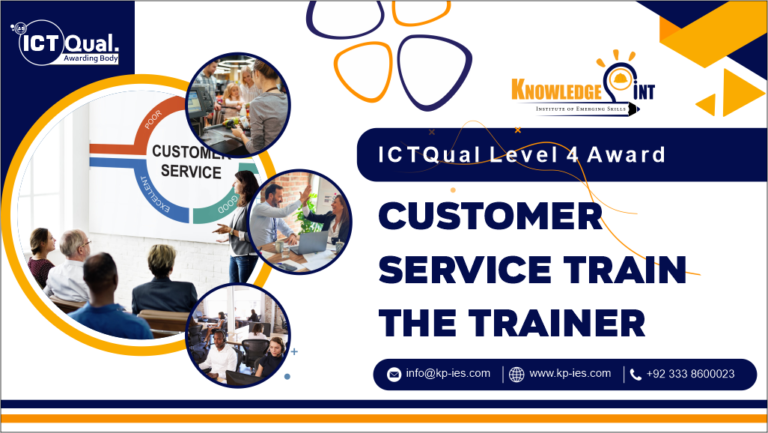LICQual Level 4 Diploma
Occupational Health and Safety Practice
Awarding Body
LICQual
Credits
60 Credits
Course
Health & Safety
study mode
Online Learning
Course overview
The LICQual Level 4 Diploma in Occupational Health and Safety Practice is a professional qualification designed to introduce learners to essential health and safety principles and practical skills needed to manage workplace risks effectively. This diploma focuses on building a strong foundation in occupational health and safety, including understanding legislation, basic risk assessment, and safe working practices. It equips learners with the knowledge required to support the implementation of safety procedures that protect employees and maintain compliance across a variety of industries.
Through this programme, learners gain both theoretical knowledge and hands-on experience in occupational health and safety practices. Core areas of study include hazard identification, risk assessment and control, workplace safety procedures, emergency preparedness, and incident reporting. The course also explores occupational health issues, human factors, and safety communication, providing learners with the ability to recognise risks, implement basic safety measures, and contribute to maintaining a safe work environment.
The LICQual Level 4 Diploma in Occupational Health and Safety Practice is ideal for supervisors, team leaders, and employees responsible for daily health and safety tasks. On completion, learners can assist in the development and application of safety policies, ensure compliance with workplace regulations, and promote safe working practices. This qualification enhances professional competence, improves workplace safety performance, and lays a strong foundation for progression to higher-level occupational health and safety qualifications.

Approved Training centre of LICQual Uk
Centre # : ATC24002

Entry Requirments
Entry Requirements for the LICQual Level 4 Diploma in Occupational Health and Safety Practice:
- Educational Qualifications:A recognised Level 3 qualification in Occupational Health and Safety or a related discipline.Alternatively, an equivalent vocational or professional qualification relevant to workplace health and safety.
- Professional Experience:Relevant work experience in a health and safety or operational role.Experience in supporting safety procedures, hazard reporting, or risk control measures.
- English Language Proficiency:Since the program is delivered in English, learners must show competence in reading, writing, and communication.
Course structure
The LICQual Level 4 Diploma in Occupational Health and Safety Practice in Personal Protective Equipment qualification consists of 6 mandatory units.





